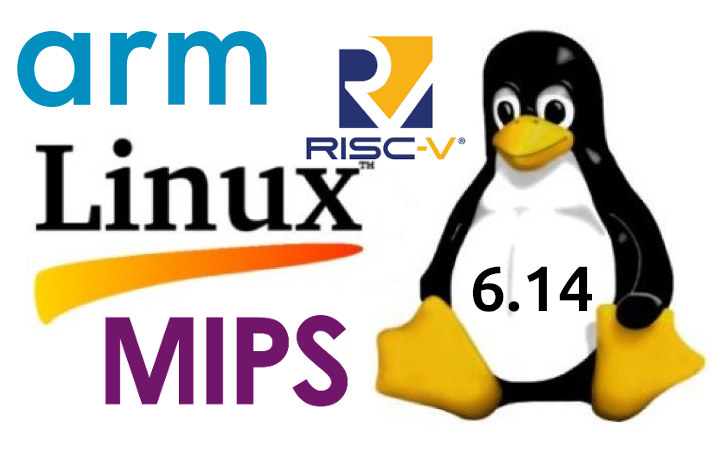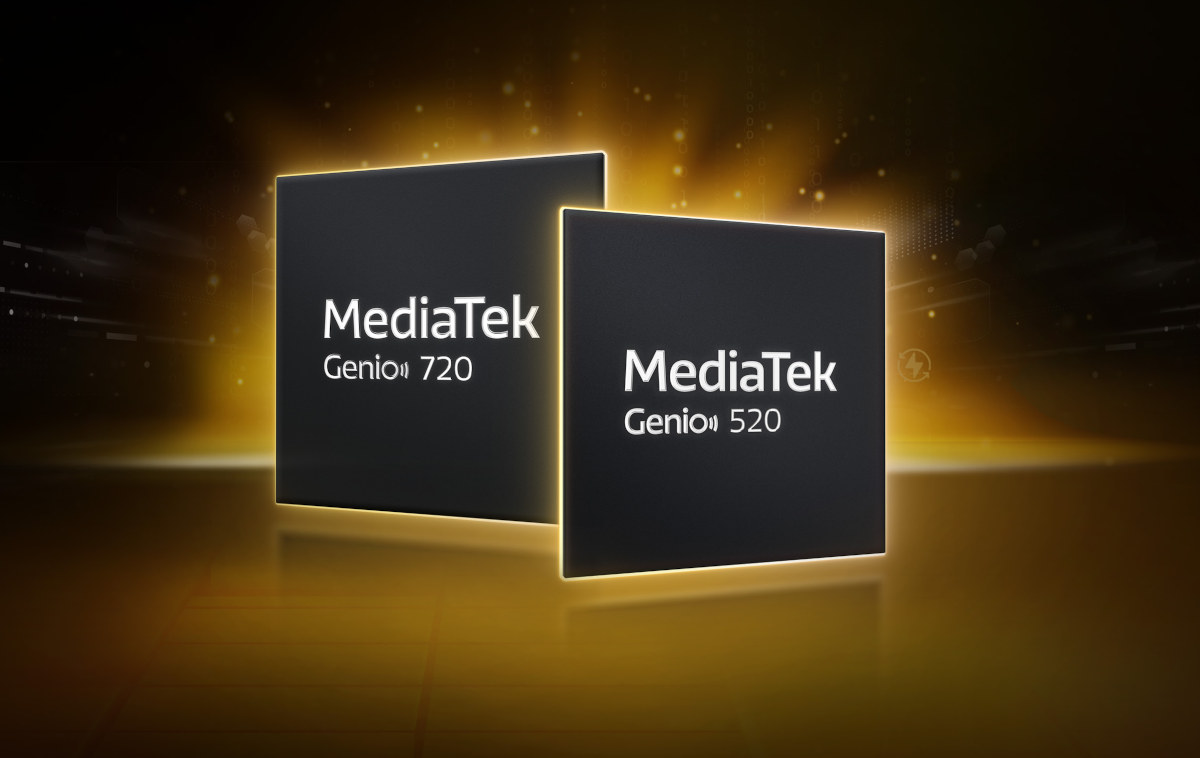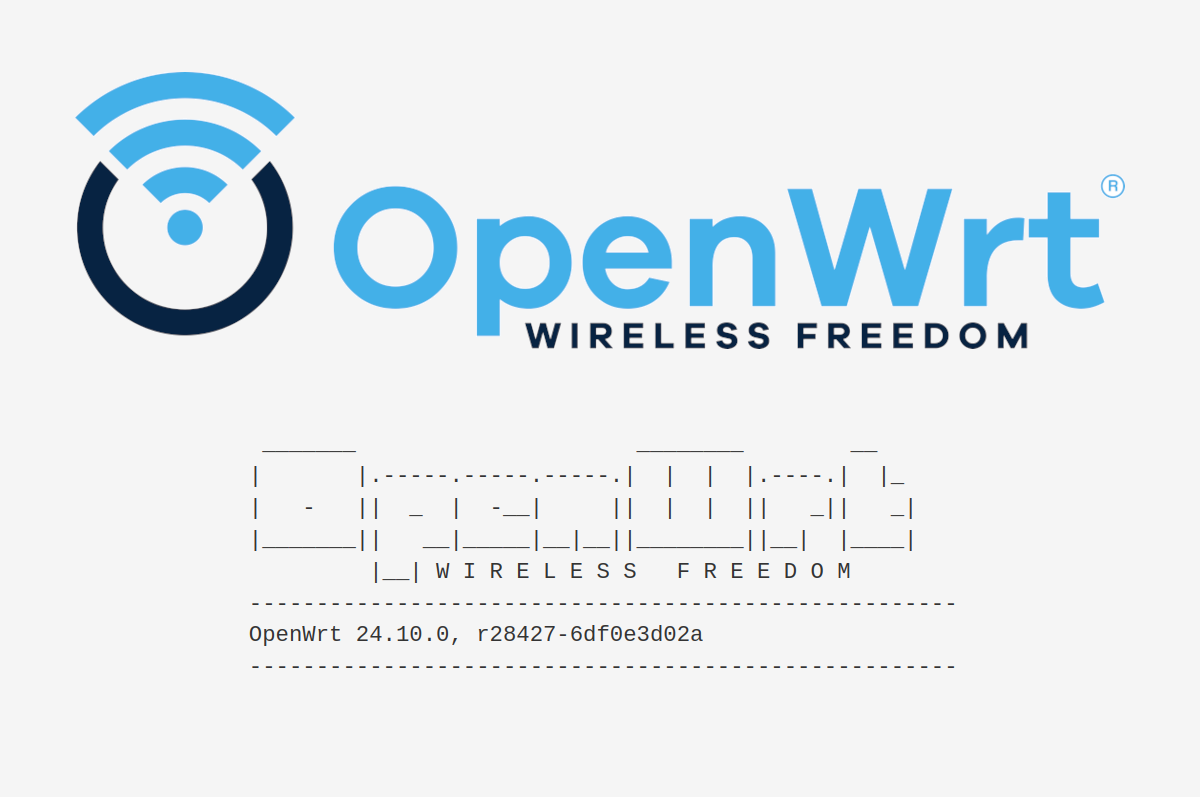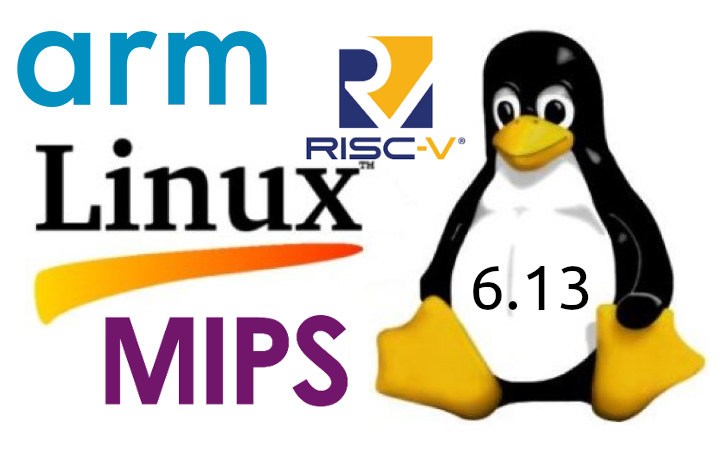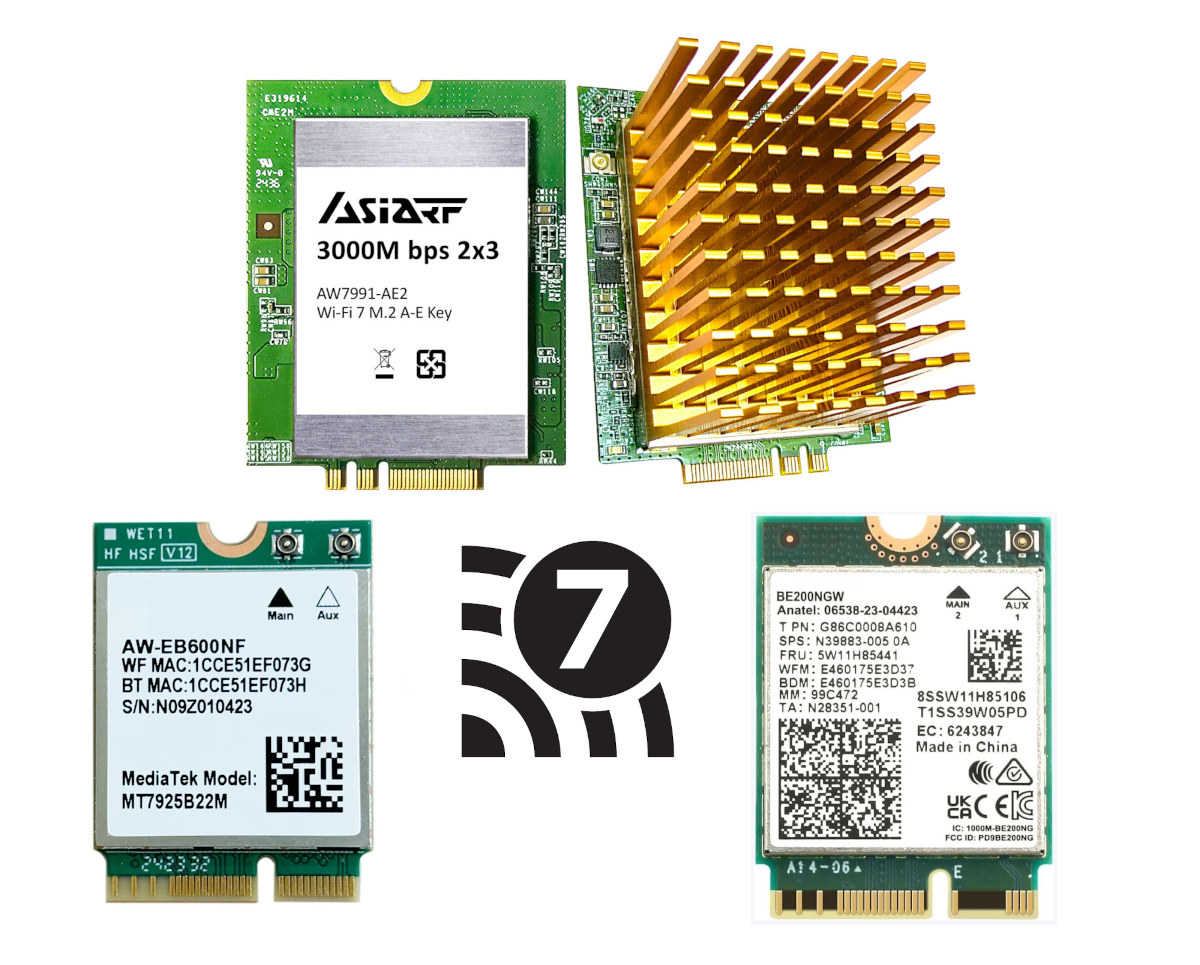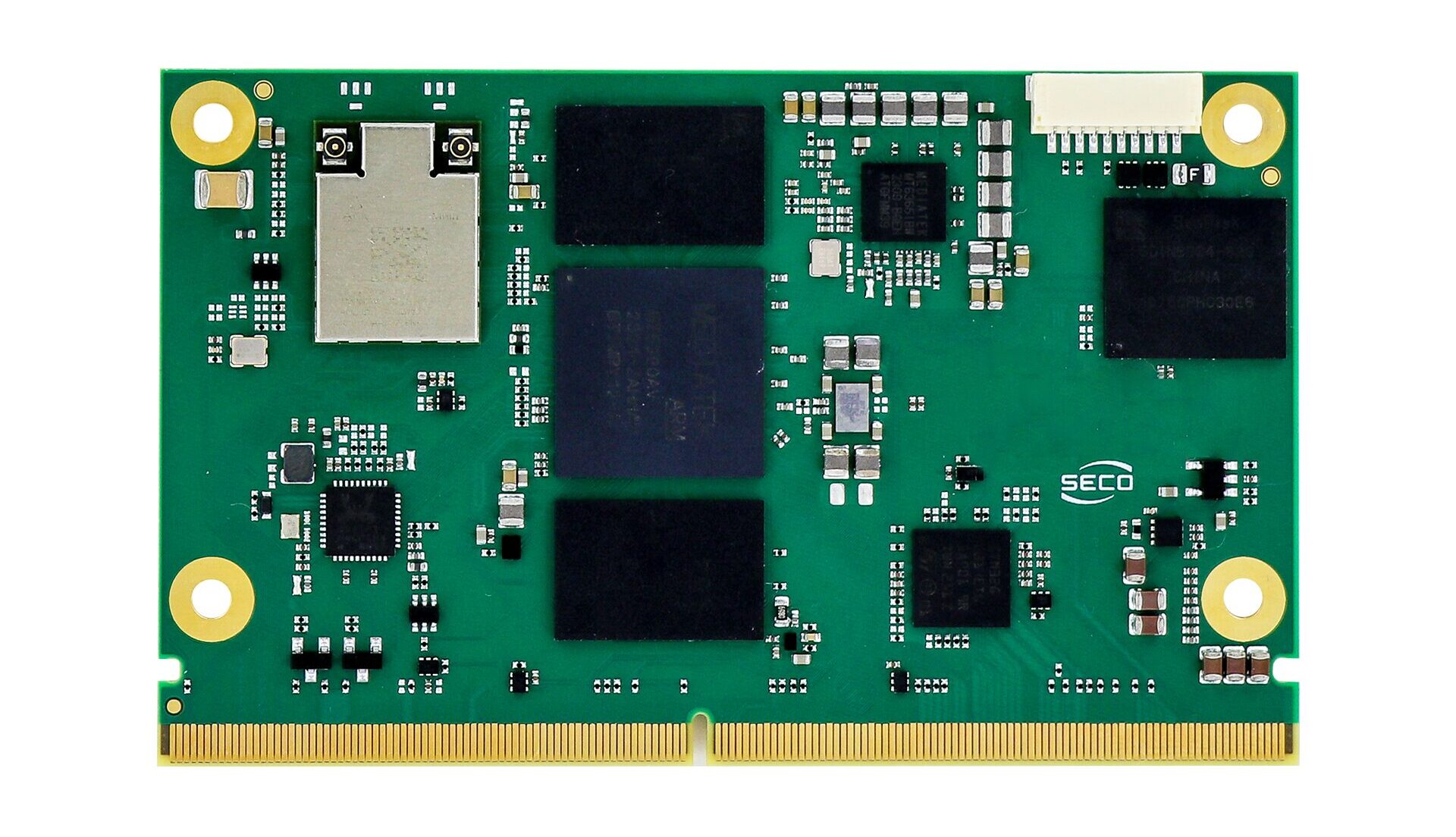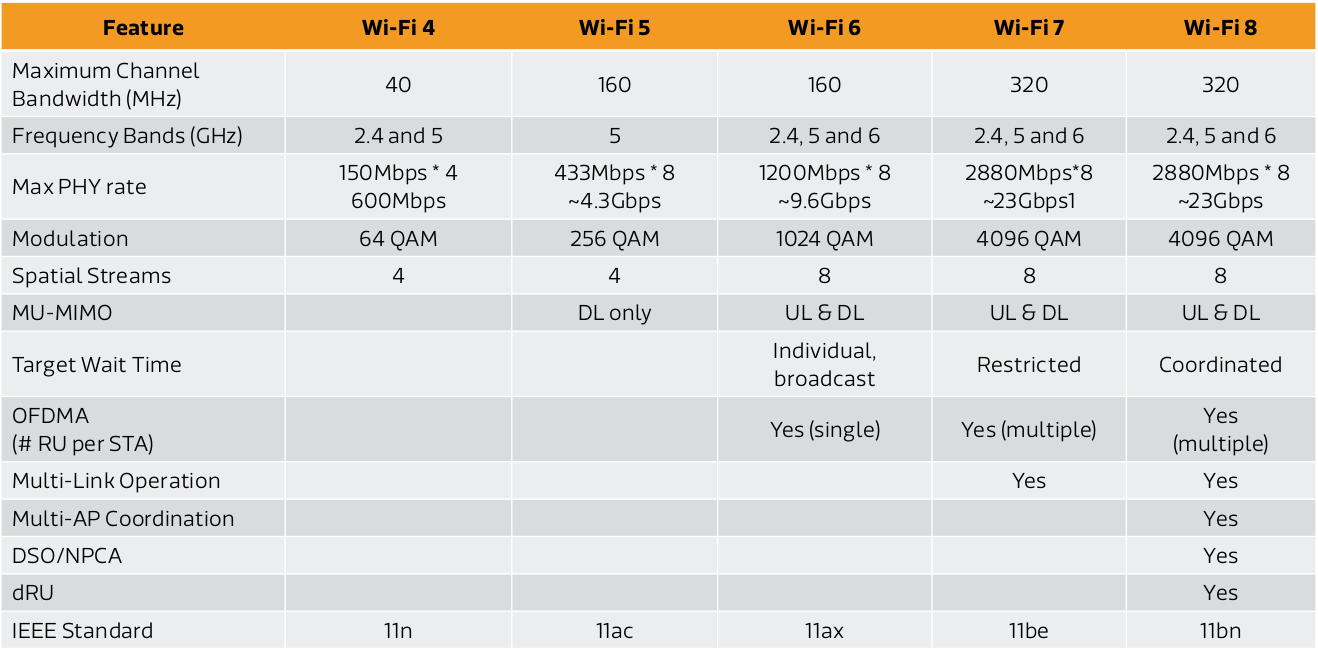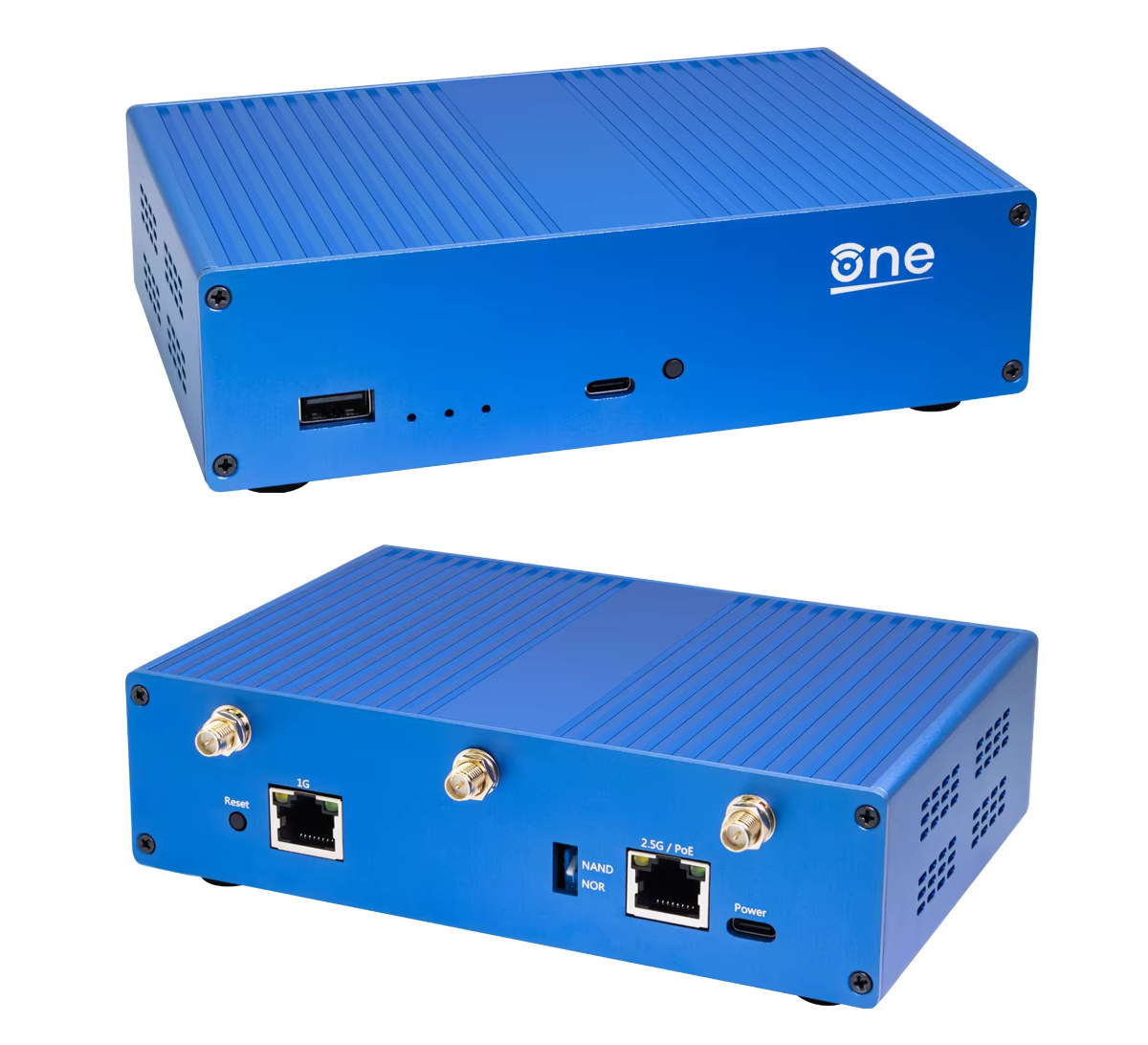Linus Torvalds has just announced the release of Linux 6.14 on LKML: So it’s early Monday morning (well – early for me, I’m not really a morning person), and I’d love to have some good excuse for why I didn’t do the 6.14 release yesterday on my regular Sunday afternoon release schedule. I’d like to say that some important last-minute thing came up and delayed things. But no. It’s just pure incompetence. Because absolutely nothing last-minute happened yesterday, and I was just clearing up some unrelated things in order to be ready for the merge window. And in the process just entirely forgot to actually ever cut the release. D’oh. So yes, a little delayed for no good reason at all, and obviously that means that the merge window has opened. No rest for the wicked (or the incompetent). Below is the shortlog for the last week. It’s nice and […]
MediaTek Genio 720 and 520 AIoT SoCs target generative AI applications with 10 TOPS AI accelerator
The announcement of the MediaTek Genio 720 and Genio 520 octa-core Cortex-A78/A55 AIoT SoCs is one of the news I missed at Embedded World 2025. The new models appear to be updates to the Genio 700 and Genio 500 with a beefier NPU, and the Taiwanese company says the new Genio series supports generative AI models, human-machine interface (HMI), multimedia, and connectivity features for smart home, retail, industrial, and commercial IoT devices. Both are equipped with a 10 TOPS NPU/AI accelerator for transformer and convolutional neural network (CNN) models and support up to 16GB of LPDDR5 memory to handle “edge-optimized” (i.e. quantized) large language models (LLMs) such as Llama, Gemini, Phi, and DeepSeek, and other generative AI tasks. MediaTek Genio 720 and Genio 520 specifications: Octa-core CPU Genio 520 2x Arm Cortex-A78 up to 2.2 GHz (Commercial) or 2.0 GHz (Industrial) 6x Arm Cortex-A55 up to 2.0 GHz (Commercial) or […]
OpenWrt 24.10 released with Linux 6.6, TLS 1.3 by default, and 1970 supported devices
OpenWrt 24.10 open-source lightweight Linux operating system for routers has just been released. It’s been upgraded to Linux 6.6 from Linux 5.15 in OpenWrt 2023.05, supports TLS 1.3 by default, improves support for WiFi 6 (802.11ax), and adds initial support for WiFi 7 (802.11be). After over one year of work since the release of OpenWrt 23.05, OpenWrt 24.10 adds over 5400 commits, and the total number of supported devices is now close to 2,000 at 1,970. It’s also the first stable release supporting OpenWrt One, the router directly designed by OpenWrt developers in collaboration with Banana Pi. OpenWrt 24.10 highlights: TLS 1.3 support in default images with MbedTLS 3.6 Activate POSIX Access Control Lists and file system security attributes for all file systems on devices with big flash sizes. Needed by docker. Note this is not enabled for all targets with the small_flash feature flag, including ath79/tiny, bcm47xx/legacy, lantiq/ase, lantiq/xrx200_legacy, […]
Linux 6.13 Release – Main changes, Arm, RISC-V, and MIPS architectures
Linus Torvalds has just announced the release of Linux 6.13 on the Linux Kernel Mailing List: So nothing horrible or unexpected happened last week, so I’ve tagged and pushed out the final 6.13 release. It’s mostly some final driver fixes (gpu and networking dominating – normal), with some doc updates too. And various little stuff all over. The shortlog is appended for people who want to see the details (and, as always, it’s just the shortlog for the last week, the full 6.13 log is obviously much too big). With this, the merge window for 6.14 will obviously open tomorrow. I already have two dozen pull requests pending – thank you, you know who you are. Linus Release about two months ago, Linux 6.12 – the new LTS version – brought us real-time “PREEMPT_RT” support that had always required out-of-tree patchsets until now, the completion of the EEVDF (Earliest Eligible […]
WiFi 7 access point and client M.2 modules are cheaper than I thought
We have already seen WiFi 7 mini PCIe and M.2 modules from Compex for business customers, but I’ve recently noticed AsiaRF AW7991-AE2 M.2 module rated BE5000 offers an affordable alternative design for access points for just $58 plus shipping. But adding WiFi 7 to a consumer device can be cheaper than I expected as Intel BE200 or MediaTek MT7925-based M.2 modules can be purchased for around $20 to $30. Let’s have a look at some of the options available. AsiaRF AW7991-AE2 dual-band WiFi 7 “access point” M.2 module AsiaRF AW7991-AE2 specifications: SoC – MediaTek MT7991AV (Filogic 660?) with 32bit RISC-V MCU for Wi-Fi protocol and Wi-Fi offload Chipset – MT7976C WiFI 6 3×3 MIMO chipset System Memory – 8MB WLAN IEEE 802.11a/b/g/n/ac/ax/be compliant Frequency bands 2.4GHz – Bandwidth: 20/40MHz; 2T2R 2ss 5GHz – Bandwidth:20/40/80/160MHz; T3R 3ss Dual-Band Dual Concurrent (DBDC) Supports up to 4096-QAM Data rate of up to 688Mbps […]
SECO launches Mediatek Genio 510 and 700 SMARC SoMs built for industrial and edge AI applications
SECO SOM-SMARC-Genio500 and SOM-SMARC-Genio700 are two new SMARC system-on-modules products powered by MediaTek Genio 510 and 700 Cortex-A78/A55 series SoCs. These industrial modules are designed for high power efficiency and offer reduced energy consumption even during intensive edge AI workloads, and are suitable for retail touchscreens, intelligent industrial sensors, advanced conferencing systems, and dynamic digital signage. Both modules feature up to 8GB LPDDR4 memory, 64GB eMMC flash, two Ethernet interfaces via RGMII and USB, an optional M.2 slot for a Wi-Fi/Bluetooth module, and camera inputs. We’ve previously considered Via’s offerings with the same MediaTek Genio 700 application processor: a SMARC module, a single-board computer, and a fully embedded system. The IBase ISR500 is another option featuring the Mediatek Genio 510 or Genio 700. SECO SOM-SMARC-Genio700 & SOM-SMARC-Genio510 specifications: SoC (one or the other) SOM-SMARC-Genio700 – MediaTek Genio 700 (MT8390) CPU – Octa-core processor with 2x Cortex-A78 cores @ up to […]
Wi-Fi 8 (802.11bn) to focus on reliability and efficiency while maintaining Wi-Fi 7 performance
Wi-Fi 7 (802.11be) routers and modules have only been launched recently, but engineers are already working on Wi-Fi 8 (802.11bn) “Ultra High Reliability (UHR)”, and MediaTek shared some details in a whitepaper detailing some of the improvements of the new standard for its upcoming Filogic Wi-Fi 8 SoCs. Surprisingly, there aren’t any enhancements to the maximum performance with Wi-Fi 8 still offering up to 320 MHz channel bandwidth, 23 Gbps maximum PHY rate, and support for 2.4 GHz, 5GHz, and 6GHz frequency bands, as well as up to 8 spatial streams. The Wi-Fi 8 improvements are all meant to improve Wi-Fi reliability, network efficiency, and power consumption in IoT use cases, which will end up improving the overall WLAN performance when many nodes are connected. Wi-Fi 8 new features: Coordinated Target Wait Time (TWT) allows low-power IoT devices to negotiate specific times for transmission with access points in order to […]
OpenWrt One WiFi 6 router with Filogic 820 SoC launched for $89
The “OpenWrt One/AP-24.XY” is a Filogic 820-based WiFi 6 router board manufactured by Banana Pi whose software is directly managed by OpenWrt developers with assistance from MediaTek. The router was first announced in January 2024, and developer samples became available sometime in April with some early units auctioned away at the OpenWrt Summit which took place in Cyprus on May 18-19. The good news is that the OpenWrt One is now available to anyone on Aliexpress for $89 including a metal enclosure, a PoE module, three antennas, and a power supply. Here’s a reminder of the OpenWrt One router specifications: SoC – MediaTek MT7981B (Filogic 820) dual-core Cortex-A53 processor @ 1.3 GHz System Memory – 1GB DDR4 Storage 128 MB SPI NAND flash for U-boot and Linux 4 MB SPI NOR flash for write-protected (by default) recovery bootloader (reflashing can be enabled with a jumper) Two types of flash devices […]


